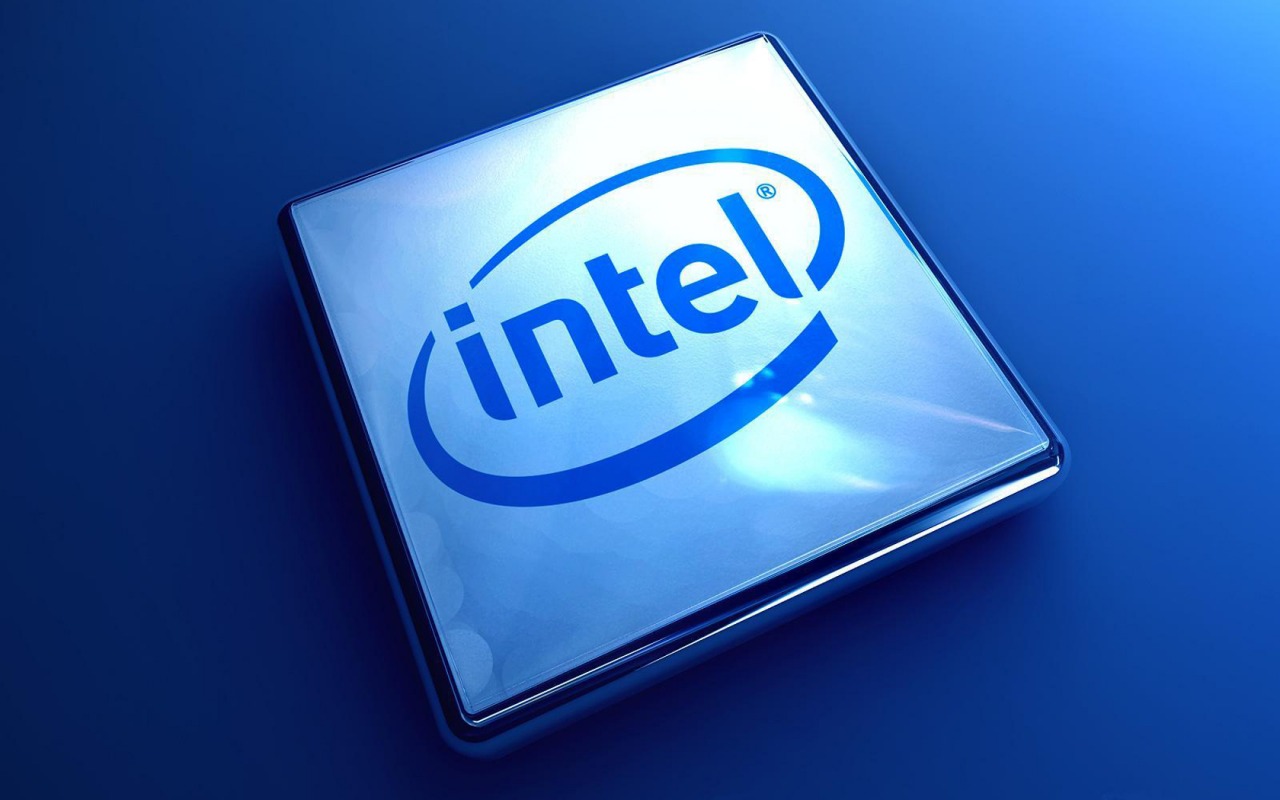

Intel CEO Pat Gelsinger has reminded interested countries that Intel could potentially invest as much as 80 billion euros ($95bn or £69bn) to expand chip production in Europe.
Speaking at Munich’s IAA auto show, Gelsinger also indicated the chip giant could open its chip plant in Ireland to car makers, to help ease the pain and shortages the car industry continues to feel.
Gelsinger in March made clear he wanted something in return, after he was quoted as saying Intel is looking for 8 billion euros (£7bn) in public subsidies toward its planned semiconductor fabrication plant in Europe.
Intel is expected to announce the locations of two major new European chip fabrication plants by the end of the year.
According to Reuters, the speculation about possible production sites includes Germany and France as the leading contenders.
Poland (where Intel also has a presence) is also in the picture.
Speaking at the event, Gelsinger said that in order to address rising demand, Intel plans to build new chip manufacturing facilities in Europe, establish committed foundry capacity at its Ireland site, and launch the Intel Foundry Services Accelerator to help foundry customers move automotive designs to advanced nodes.
“This new era of sustained demand for semiconductors needs bold, big thinking,” said Gelsinger. “As CEO of Intel, I have the great privilege to be in a position to marshal the energies of 116,000 employees and a massive chip-design and manufacturing ecosystem, to meet the demand.”
Intel has pledged to spend billions of dollars so far this year.
In March it announced its new strategy, dubbed “IDM 2.0” because of its transformation of Intel’s integrated device manufacturing model (wherein it both designs and manufactures chips).
It said at the time it would spend $20 billion to build two new fabs (semiconductor factories) in Arizona.
Then in May Intel announced it would invest $3.5 billion to expand the manufacturing at its Rio Rancho chip factory in New Mexico to help deal with the silicon shortage.
In July Gelsinger warned that while the chip ecosystem was recovering, the supply chain is still stressed, with chip shortages expected to last until 2023.
For a number of years, Intel had been on the back foot due to the intense competition from AMD and others.
The chip giant also experienced some well documented setbacks in the development of 10nm and 7nm processes, which in turn greatly hindered its competitiveness in the market.
This caused activist hedge fund Third Point LLC earlier this year to urge Intel to explore its strategic alternatives going forward
One of the questions Intel had been facing from investors is whether the firm should keep chip design and production under one roof.
In January Intel announced that CEO Bob Swan was to step down, to be replaced by VMware CEO Pat Gelsinger in February 2021.
Several units within Google notified remote workers jobs will be in jeopardy if they don't…
Leading holders of Trump meme coin receive invitation to private gala dinner with US President,…
TSMC unveils new A14 manufacturing technology that stitches together bigger and faster chips to deal…
Meta has expanded access to its AI assistant in more European countries, for users of…
Privacy concerns continue for China's DeepSeek, after South Korean regulator says platform transferred data without…
Mark Zuckerberg firm Meta Platforms makes adverts on Threads app available to all eligible advertisers…